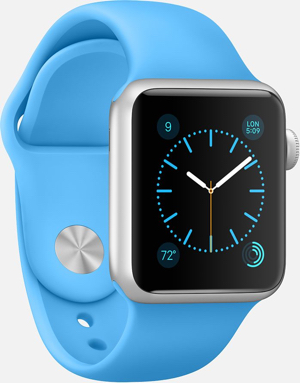New data from Parks Associates (www.parksassociates.com) reveals home controls and automation are key use cases in the smart watch market, as more than one in five U.S. broadband households that own or plan to buy a smart watch intend to use this device for these applications. The research group notes that more than 80 percent of smartphone/tablet users who own at least one smart home device have downloaded mobile apps for these devices.
“The accessibility of a smart watch makes it a natural fit as a remote control for smart home features such as turning on lights remotely, closing garage doors, and adjusting thermostat settings,” says Harry Wang, director, Mobile and Health Products Research, Parks Associates. “Many smart home device makers and solution providers have already moved into the wearables ecosystem, with nearly 20 having created an Apple Watch app for their technology. They have to contend with some challenges unique to the smart watch, including the relatively low processing power when compared to smartphones as well as the small screen size, which makes user interaction difficult for setting up complex scenarios and work flows.”
Parks Associates analysts say that mobile devices are becoming the de facto controllers for home automation, with apps as the critical interface between the user and the home. For example, nearly 50% of U.S. broadband households with a smart garage door opener use a smartphone, tablet, or computer to control the opener almost every day.
The expansion of mobile device platforms to wearable form factors is creating many opportunities for developers to build services and applications for wearables in the smart watch space because of the extra convenience that wearables offer, particularly when voice-control APIs become more capable and intelligent.
“A close relationship will develop down the road between wearable device makers and successful smart home device makers, app developers, and platform providers,” Wang says. “App usage associated with smart home devices such as thermostats, doorbells, and smoke detectors ranges from 83 percent to over 90 percent of all device owners. Smart home players can’t afford to miss the opportunity represented by wearables in navigating and controlling smart home devices.”


